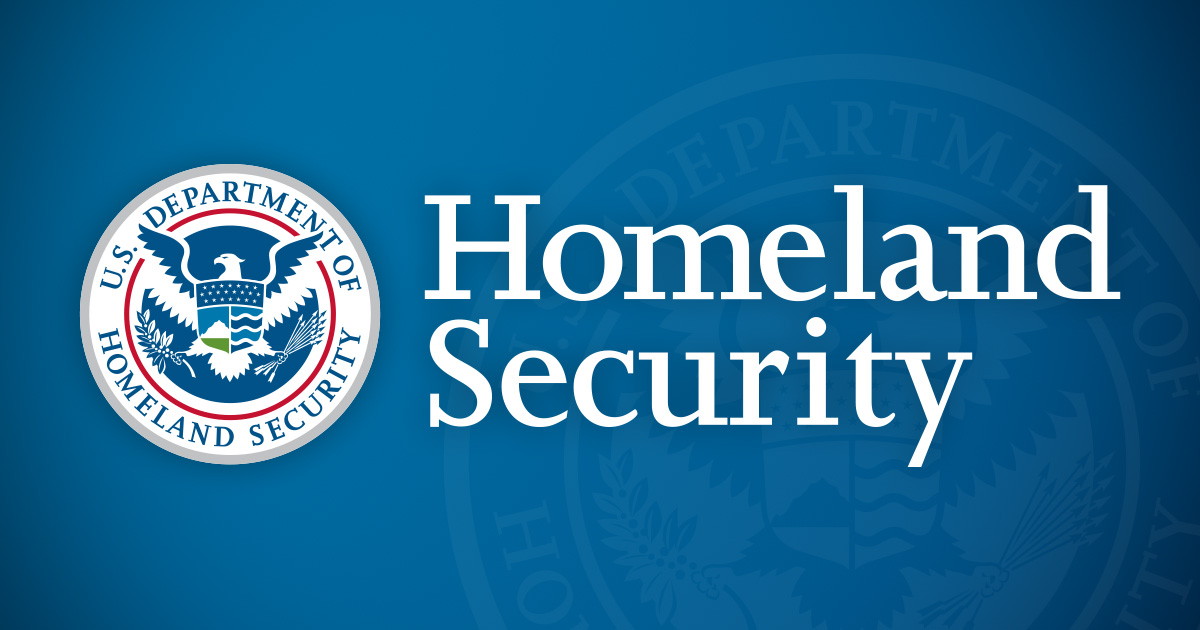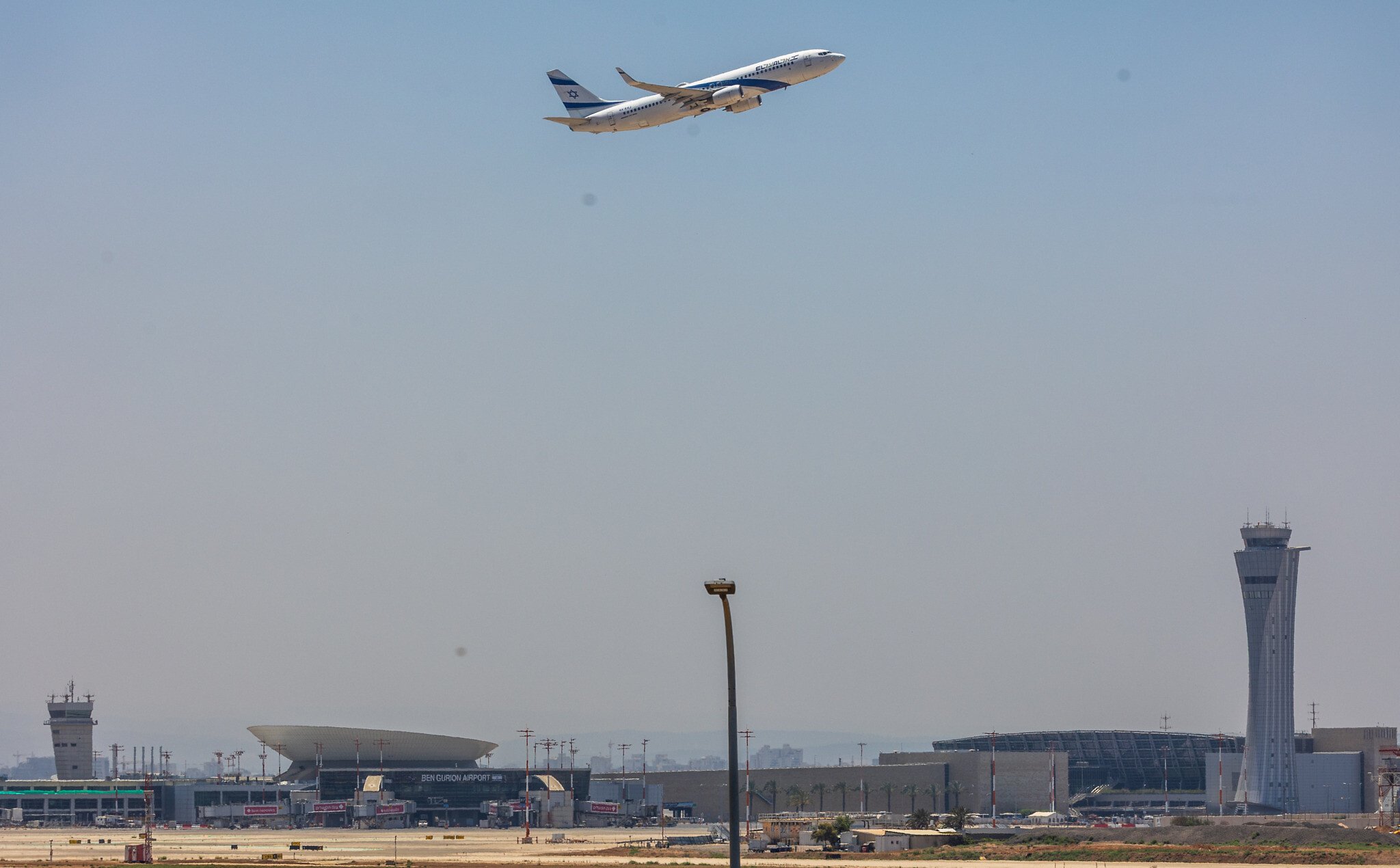What Happened
On June 22, 2025, the U.S. Department of Homeland Security (DHS) issued a National Terrorism Advisory System Bulletin, highlighting a heightened threat environment in the United States due to ongoing conflicts involving Iran. The bulletin indicated that low-level cyber attacks from pro-Iranian hacktivists are likely, and there is an increased risk of violent extremism motivated by anti-Semitic or anti-Israel sentiments. This advisory is set to remain in effect until September 22, 2025.
Simultaneously, the Australian government, through its Smartraveller service, issued warnings regarding the global impacts of the Middle East conflict, advising travelers to remain vigilant due to the unpredictable security situation. The advisory emphasized that the conflict could lead to increased risks of terrorist attacks, particularly in areas frequented by foreign tourists and near embassies. It also noted potential disruptions to travel plans, including flight cancellations and closures of airspace.
Key Details
-
U.S. Advisory: The DHS bulletin warns of potential cyber attacks and violent extremism linked to the Iran conflict. It specifically mentions that Iranian leadership could incite retaliatory violence, increasing the risk of attacks against perceived U.S. interests.
-
Duration: The advisory is effective from June 22, 2025, until September 22, 2025, at 11:59 PM ET.
-
Travel Advisory: The Australian Smartraveller service cautions that the conflict may lead to travel disruptions globally, including flight delays and cancellations, and advises travelers to stay informed about local security situations.
-
Potential Threats: The DHS highlights that recent attacks in the U.S. have been motivated by anti-Semitic sentiments, and there is a risk of further violence as the conflict escalates.
-
Resources for Safety: Both advisories encourage individuals to report suspicious activities to local authorities and to follow instructions from public safety officials.
Multiple Perspectives
The U.S. advisory reflects a proactive approach to national security, emphasizing the need for vigilance in the face of potential threats. According to the DHS, the ongoing conflict in the Middle East has direct implications for domestic security, particularly concerning individuals inspired by extremist ideologies.
Conversely, the Australian perspective focuses on the broader implications of regional conflicts on global travel and safety. The Smartraveller advisory underscores the unpredictability of the situation and the potential for civil unrest and protests, which could affect travelers even outside the immediate conflict zones.
While both advisories highlight the risks associated with the Iran conflict, they differ in their focus—one on domestic security threats and the other on international travel safety.
Context & Background
The heightened threat environment is rooted in the long-standing tensions between Iran and the United States, exacerbated by recent military actions and geopolitical developments. The U.S. has been involved in various conflicts in the Middle East, and Iran’s response has included threats against U.S. interests and allies.
The advisory from DHS specifically references the assassination of an Iranian military commander in January 2020, which has been a flashpoint for Iranian retaliation against U.S. officials. The ongoing Israel-Iran conflict further complicates the situation, as it has historically led to increased anti-Semitic sentiments and violence against Jewish communities in the U.S. and elsewhere.
The Australian advisory reflects a recognition that conflicts in the Middle East can have far-reaching effects, including increased risks of terrorism and civil unrest on a global scale. This is particularly relevant for travelers, as tensions can lead to sudden changes in security situations and travel logistics.
What We Don’t Know Yet
While the advisories provide a framework for understanding the current threat landscape, several uncertainties remain. The specific nature and timing of potential attacks or cyber incidents linked to the Iran conflict are not clearly defined. Additionally, the effectiveness of measures taken by law enforcement and cybersecurity agencies to mitigate these threats is still to be evaluated.
There is also a lack of clarity regarding how the situation in the Middle East will evolve in the coming months and how this will impact both domestic security in the U.S. and international travel. The potential for further escalation in the conflict could lead to new advisories or changes in travel recommendations, but the exact trajectory remains uncertain.
In summary, the current advisories from the U.S. and Australian governments highlight a complex interplay of domestic and international security concerns stemming from the ongoing conflict in the Middle East. Travelers and citizens are urged to remain vigilant and informed as the situation develops.


